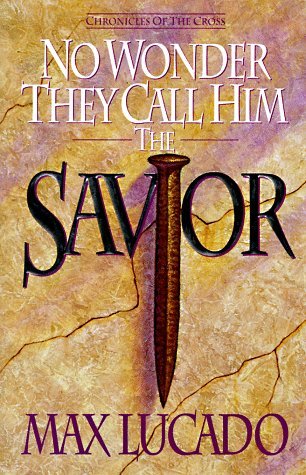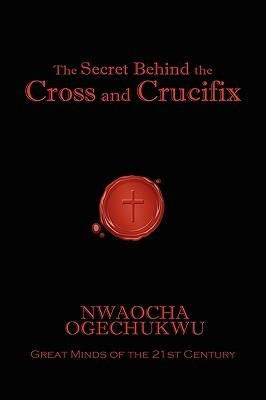
The Cross of Christ
Book Description
Witness the heart of faith as it collides with the raw power of sacrifice. In "The Cross of Christ," John R.W. Stott delves deep into the transformative message of the crucifixion, unveiling layers of meaning that resonate through time and space. This groundbreaking work challenges conventional beliefs and ignites the spirit, exploring the profound impact of Christ’s sacrifice on the world. With each turn of the page, grapple with questions of love, redemption, and justice. What if embracing this ancient story could alter your life forever?
Quick Book Summary
"The Cross of Christ" by John R.W. Stott is a landmark exploration of the central symbol of Christianity: the crucifixion of Jesus. Stott masterfully dissects the historical, theological, and personal significance of the cross, presenting it as both a demonstration of God's justice and the supreme act of His love. The book challenges readers to move beyond traditional understandings, seeing the cross not just as an event, but as the defining moment that reshapes humanity’s relationship with God. Through thoughtful analysis, Stott explains how the cross addresses sin, offers redemption, and calls for radical discipleship. Ultimately, this work invites believers and seekers alike to engage deeply with the transformative power found in Christ’s sacrifice, making it not only a doctrine to believe, but a life to be lived.
Summary of Key Ideas
Table of Contents
The Meaning and Significance of the Cross
John R.W. Stott begins by examining the meaning and significance of the cross, asserting that it stands at the center of Christian faith. He unpacks the historical context of crucifixion, making clear that Jesus’ death was both a unique event and the fulfillment of biblical prophecy. Through this foundation, readers gain a comprehensive understanding of why the cross was necessary and what it represents: not merely a symbol of suffering, but of profound purpose and love.
The Cross as a Revelation of God’s Character
Stott places special emphasis on the cross as the ultimate revelation of God’s character. He challenges simplistic views that either overemphasize God’s wrath or divorce it from His love. Instead, Stott demonstrates that at the cross, God’s perfect justice and perfect love meet. The sacrificial death of Christ reveals a God who is both holy and merciful, unwilling to ignore sin yet willing to bear its consequences Himself. This intersection becomes a central theme throughout the book.
The Solution to Human Sin and Alienation
A major section is devoted to humanity’s problem of sin and alienation from God. Stott details how the cross addresses this dilemma through substitutionary atonement: Jesus takes upon Himself the penalty for human sin. In doing so, he provides a way for people to be reconciled to God. Stott explores different theories of atonement, ultimately defending the necessity and coherence of Christ’s substitution as both just and loving.
The Call to Discipleship and Self-Denial
Building upon the theological foundation, Stott turns to the practical and ethical implications of the cross. He stresses that the cross calls Christians to discipleship characterized by self-denial, humility, and sacrificial love. Following Christ means taking up one’s cross, embodying the same willingness to put others before oneself. Stott illustrates how this radical ethic transforms personal lives, relationships, and the wider community.
The Cosmic and Social Implications of the Cross
Finally, Stott examines the cosmic and social implications of the cross. He posits that Christ’s work was not just for individual salvation but for the renewal of all creation. The cross confronts social injustice, inspires reconciliation among peoples, and points to the ultimate healing of the world. By embracing the power and message of the cross, believers become agents of transformation, bearing witness to the hope and unity achieved through Christ’s sacrificial love.
Download This Summary
Get a free PDF of this summary instantly — no email required.





